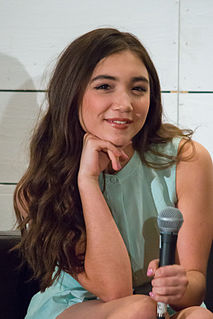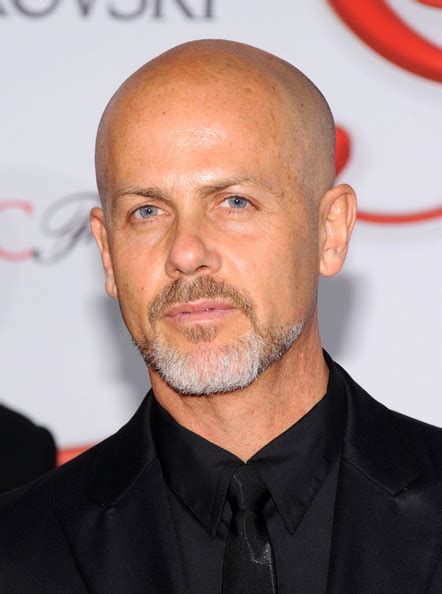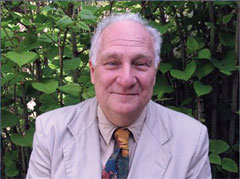A Quote by Marilyn Hacker
I wonder what it means about American literary culture and its transmission when I consider the number of American poets who earn their living teaching creative writing in universities. I've ended up doing that myself.
Related Quotes
I would consider myself American in the way of what the actual idea that's in the Constitution is, not the way that it's performed: All men are created equal, freedom for all, that's something that I obviously believe in. I don't consider myself American because I'm not sure if those are the values that we actually prioritize as much as we need to, but I consider myself American if you look at the Constitution.
When we look at the arts and letters in America, especially if we look at poetry, and poetry set to music, this dialogue, we have this very powerful beautiful, eclectic, diary, or narration of being in America, being American, participating in America, becoming more of America and also as an American, the American creative spirit, which is quite interesting. Our composers and poets have spent more time writing and thinking and speaking out of what it means to be a composer or poet as well as to be an American, or a composer or poet In America; both relationships.
... the connection between imperial politics and culture is astonishingly direct. American attitudes to American "greatness", to hierarchies of race, to the perils of "other" revolutions (the American revolution being considered unique and somehow unrepeatable anywhere else in the world) have remained constant, have dictated, have obscured, the realities of empire, while apologists for overseas American interests have insisted on American innocence, doing good, fighting for freedom.
The last publicized center of American writing was Manhattan. Its writers became known as the New York Intellectuals. With important connections to publishing, and universities, with access to the major book reviews, they were able to pose as the vanguard of American culture when they were so obsessed with the two Joes--McCarthy and Stalin--that they were to produce only two artists, Saul Bellow and Philip Roth, who left town.







































